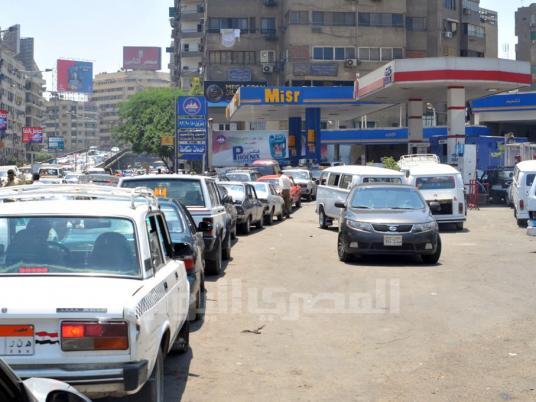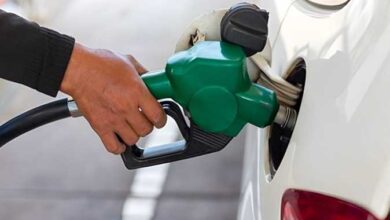
The government has taken a first step to getting expensive energy subsidies under control, a key component of an economic reform program the cash-strapped government is presenting to the IMF to obtain a loan.
The Cabinet received on Thursday the preliminary results of a pilot program to use ration cards to distribute cooking gas to the needy instead of selling it on demand, Petroleum Minister Osama Kamal said.
The government spent LE96 billion, or 20 percent of all expenditure, on subsidizing petroleum products, including cooking gas, in the financial year that ended on 30 June.
A reduction in the government's subsidy bill is likely to be a key component in any agreement with the International Monetary Fund. The government resumed negotiations with the IMF on a US$4.8 billion loan on Wednesday.
Under the current system, a canister of butane cooking gas, or "butagas," sells for around LE5, while it costs almost LE70 to produce.
Under the Petroleum Ministry's pilot program, which began on 1 October, the government sells the lower-cost canisters only to families carrying government ration cards or to people otherwise determined to be in need.
"Four governorates have begun the pioneering experiment to monitor and control butagas distribution by way of ration cards," Kamal told a news conference.
One of the governorates, or provinces, is Giza, which includes nearly half the population of greater Cairo.
The governor of Sohag Governorate, also part of the program, told the conference that the distribution plan had been 85 percent successful.
"We are reviewing the system for subsidizing petroleum products to save LE45 billion in the current fiscal year," Kamal said.
The government, which also subsidizes petrol, diesel and fuel oil, has been moving carefully to sell austerity measures to a public whose economic expectations have risen since last year's popular revolt.
"Everyone is agreed on the need to eliminate subsidies on 95 octane gasoline. Likewise, there is agreement on streamlining subsidies on butagas so that canisters reach those who need them," Kamal said.
Government officials say they are still studying how to reduce the cost of the lower-octane grades of petrol more widely consumed by the poor.
The IMF has asked Egypt to draw up an economic reform program to rein in a budget deficit that has mushroomed to 11 percent of gross domestic product since last year's uprising.


